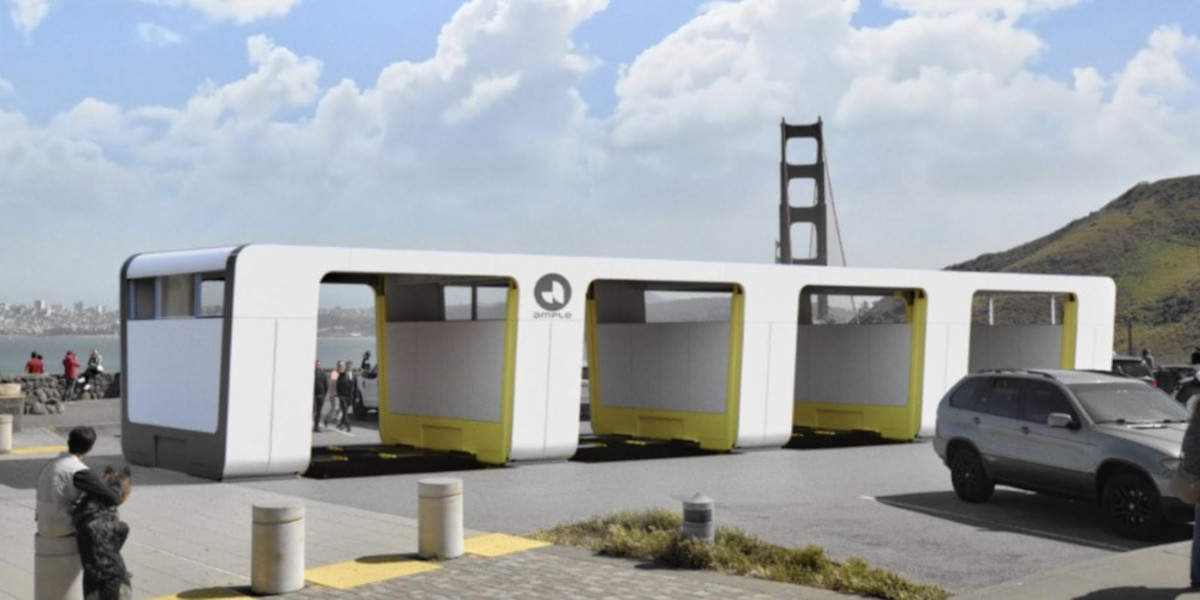India urgently needs an EV battery-swapping policy for the following reasons:
- To address the lack of charging infrastructure. One of the biggest challenges to adopting electric vehicles (EVs) in India is the lack of charging infrastructure. There are not enough charging stations to meet the needs of EV owners, especially in urban areas. Battery swapping can help to address this problem by providing a quick and convenient way to recharge EVs.
- To reduce the cost of EVs. The cost of EVs is still a significant barrier to adoption. Battery swapping can help reduce the cost of EVs by making it possible to use a shared battery instead of buying one for each vehicle. This would lower the upfront cost of EVs and make them more affordable for consumers.
- To improve the efficiency of the EV ecosystem. Battery swapping can help improve the EV ecosystem’s efficiency by reducing the amount of time that vehicles spend charging. This would free up vehicles on the road, which would help reduce traffic congestion and improve air quality.
The Indian government has already taken some steps to promote EV adoption, such as the FAME-II scheme, which provides subsidies for the purchase of EVs. However, more needs to be done to accelerate the transition to EVs. An EV battery-swapping policy would be a major step in the right direction.

In addition to the above, here are some other benefits of battery swapping:
- Increased uptime: Battery swapping can significantly increase the uptime of EVs, as drivers can quickly and easily swap out a depleted battery for a fully charged one. This is especially important for commercial fleets, which must keep their vehicles on the road as much as possible.
- Reduced maintenance costs: Battery swapping can help to reduce the maintenance costs of EVs, as drivers will no longer need to worry about battery degradation. This is because the battery swapping company owns and maintains the batteries.
- Improved safety: Battery swapping can help improve EVs’ safety, as drivers will no longer need to handle or transport heavy batteries. This can help to prevent accidents and injuries.
Major players in India who are developing batteries. Some of the most notable companies include:
- Exide Industries: Exide is one of the largest battery manufacturers in India. It has been in business for over 70 years and has a strong track record of innovation. Exide is developing new battery technologies for EVs, energy storage, and other applications.
- Amara Raja Batteries: Amara Raja is another major Indian battery manufacturer. It has been in business for over 50 years and is a market leader in lead-acid batteries. Amara Raja is also developing new battery technologies for EVs and energy storage.
- Luminous Power Technologies: Luminous is a leading Indian manufacturer of UPS, inverters, and other power backup solutions. It has also been expanding into the battery market in recent years. Luminous is developing new battery technologies for EVs, energy storage, and other applications.
- Okaya Power: Okaya is a leading Indian manufacturer of batteries for a variety of applications, including automotive, telecom, and solar. It is also developing new battery technologies for EVs and energy storage.
- Reliance Industries: Reliance is a sizeable Indian conglomerate investing heavily in the battery market. It has partnered with several global battery manufacturers to develop new battery technologies for EVs and energy storage use.
- Mahindra & Mahindra: Mahindra is a leading Indian automaker investing heavily in the battery market. It has partnered with several global battery manufacturers to develop new battery technologies for its electric vehicles.
- Ola Electric: Ola is an Indian electric scooter maker developing its own battery technology. Ola has plans to set up a gigafactory to manufacture batteries for its electric vehicles.
These are just a few of India’s significant players developing batteries. The Indian battery market is expected to grow rapidly in the coming years, and these companies are well-positioned to capitalize on this growth.
Conclusion
Battery swapping is a promising technology that has the potential to accelerate the adoption of EVs in India. The government should promote battery swapping and create a favourable environment for the development of this industry.
































